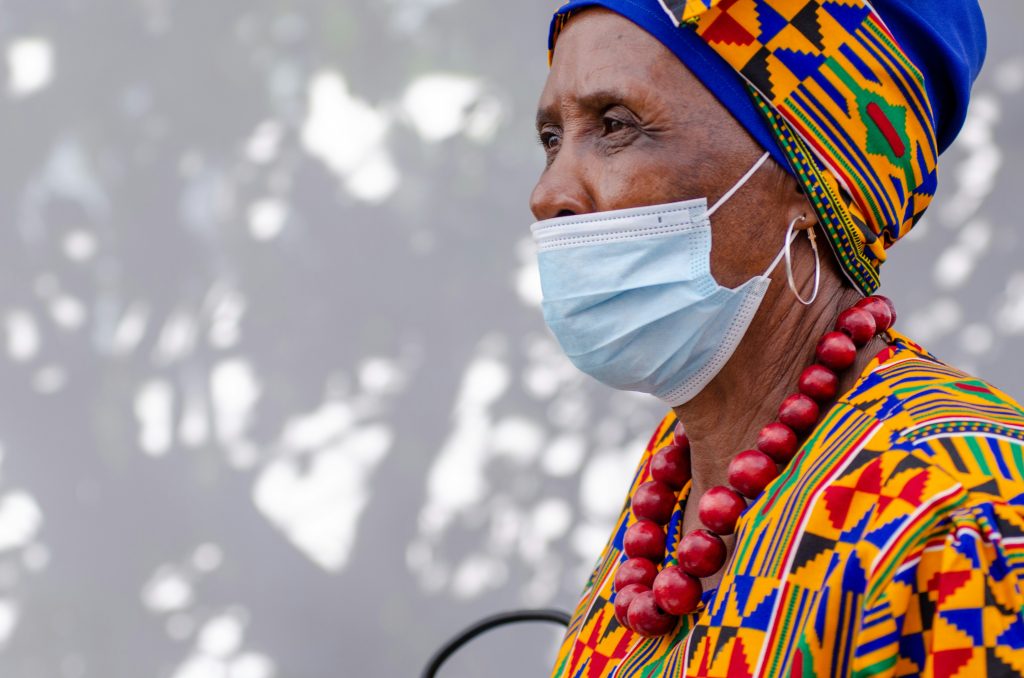Sudan faces rapidly-spreading cholera outbreak, 1000 daily cases in capital
3 min read
Cholera outbreak response in Sudan as cases surge in capital
Cholera Crisis in Sudan: Over 1,000 Daily Cases Reported Amid Collapsing Sanitation
As Sudan’s civil war drags on, a devastating cholera outbreak is infecting more than 1,000 people daily in the capital, worsening an already catastrophic humanitarian crisis.
A Health Emergency in War-Torn Khartoum
Sudan is facing a rapidly worsening cholera outbreak, with health officials now reporting over 1,000 new cases daily in the capital, Khartoum. The outbreak has taken root in the war-shattered city as displaced families return to wrecked homes, only to find themselves without clean water or functioning sanitation. With the healthcare system in near-total collapse, aid workers warn the situation could spiral out of control unless urgent action is taken.
Dirty Water and Destroyed Systems Fuel the Spread
Khartoum and its twin city, Omdurman, have been particularly hard-hit, not only by cholera but by the months of civil war that left infrastructure in ruins. According to Nicolas Jean, head of the Doctors Without Borders mission in Sudan (Médecins Sans Frontières), the collapse of clean water supply, hygiene services, and medical care has created ideal conditions for the bacteria to thrive. “The sanitation system is barely functional, and safe drinking water is extremely rare,” Jean noted.
A Growing Geographic Footprint
Although Khartoum remains the epicenter, the disease has been detected across six other regions: North Kordofan, Sennar, Gazira, White Nile, and Nile River states. The World Health Organization (WHO) and Sudan’s health authorities fear the outbreak could become nationwide if not quickly contained. In Khartoum alone, 34,000 people have returned since the military recaptured the area from the Rapid Support Forces (RSF) in March. With them comes the risk of further transmission, especially in overcrowded displacement centres.
Cholera: The “Disease of Poverty”
Cholera is a highly infectious disease caused by ingesting food or water contaminated with Vibrio cholerae. While it is easily treatable with oral rehydration salts and antibiotics, the disease can kill within hours if left untreated — especially in environments where healthcare access is limited. The WHO refers to cholera as the “disease of poverty” because it spreads most quickly in places without clean water or sanitation — conditions now rampant across Sudan.
Health System in Collapse
The civil war has crippled Sudan’s already fragile healthcare network. More than 80% of hospitals are currently non-operational. Even the few facilities that are functioning face severe shortages of electricity, medicine, and even clean water. “We are working in impossible conditions,” said Dr. Sayed Mohamed Abdullah of Sudan’s Doctors Union. “Our medical workers are exhausted and overwhelmed. There are too few beds, too little medicine, and too many sick people.”

Global Vaccine Supply Running Dry
Efforts to contain the cholera outbreak are further complicated by a global shortage of oral cholera vaccines. The WHO’s global stockpile has dropped below the minimum threshold of 5 million doses, making it difficult to mount effective emergency vaccination campaigns in Sudan and other crisis-hit regions. This vaccine shortage comes amid a worldwide surge in cholera outbreaks, driven by conflict, poverty, and extreme climate events such as floods and cyclones.
CHECK ALSO| Lebanon eyes a tourism revival in hopes of boosting its struggling economy
The cholera outbreak is just the latest tragedy to strike Sudan since civil war erupted in April 2023, when long-standing tensions between the Sudanese military and the RSF erupted into open conflict. At least 24,000 people have been killed — though the actual toll may be far higher — and over 14 million have been displaced, including 4 million who have fled to neighboring countries. On top of disease and displacement, famine has been declared in at least five areas, particularly in the devastated Darfur region.
Urgent Humanitarian Action Needed
Sudan now stands at the crossroads of public health catastrophe and humanitarian collapse. Without immediate international aid and large-scale public health interventions, the cholera outbreak could become one of the deadliest in recent African history. Aid groups continue to call for safe access to affected communities, vaccine deliveries, and restoration of essential services to save lives.






